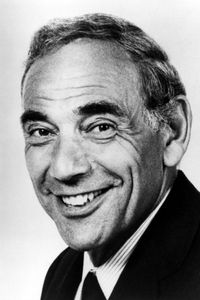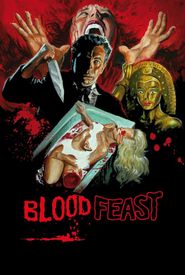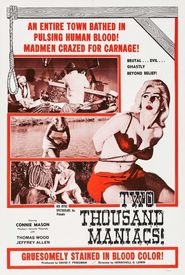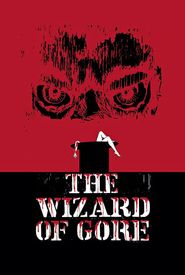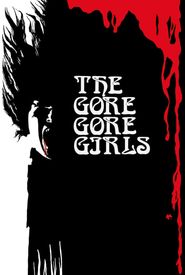Only one film-maker can claim the title "Godfather of Gore," and that peculiar but apt identification seems to be the exclusive property of Herschell Gordon Lewis, whose background was as unusual as it was diverse, including teaching English Literature to college students, producing and directing television commercials, and voicing radio and television commercials.
With a unique blend of creativity and entrepreneurial spirit, Herschell literally - and single-handedly - established the "Splatter Film" category of motion pictures, a feat he achieved by writing and directing (including the musical score) a mini-budget movie titled "Blood Feast," shot in Miami in 1963 and released theatrically the following year.
As critics lambasted the primitive effects and inattention to script and sub-par acting, audiences flocked to theaters to see why friends who had reacted to the movie's fiery marketing campaign had said, "You gotta see this," unaware of the groundbreaking work that Herschell had accomplished.
Armed with boxoffice grosses, Herschell and his producer-partner David Friedman quickly decided to build onto their newly-discovered base, and Herschell wrote and directed "Two Thousand Maniacs," a film that featured a title song, "The South Gonna Rise Ag'in," which he had written, and which was performed by a musical group, with the lead singer's tenor voice replaced by Herschell's own baritone voice.
After their third splatter film, "Color Me Blood Red," David Friedman moved to California, engaging in a different type of motion picture, while Herschell continued to grind out one success after another, with titles such as "The Gruesome Twosome," "The Wizard of Gore," and "The Gore-Gore Girls."
When major film companies began to invade his splatter-turf, Herschell took a hiatus, shifting full time to his "other career," writing advertising and mailings for marketers worldwide, becoming one of a handful of experts to be inducted into the Direct Marketing Association's Hall of Fame.
Author of 32 books on marketing, including the classic "On the Art of Writing Copy," Herschell is often called on to lecture on copywriting, just as he is invited to sing the theme from "Two Thousand Maniacs" at horror film festivals.
Over the years, an unusual reality came into place: Herschell's old films continued to play not just on TV screens but in theatres, years after conventional movies would have disappeared altogether, the result being a renewal of his life as a film director.
Thus it is that a new Herschell Gordon Lewis movie is hoving into view: "Herschell Gordon Lewis's BloodMania," produced by James Saito in Calgary, Alberta, Canada and planned for 2015 release, a film that has garnered an enthusiastic response from both the producer and the director, who encapsulate their opinion of the film in a single word: Enthusiastic.
